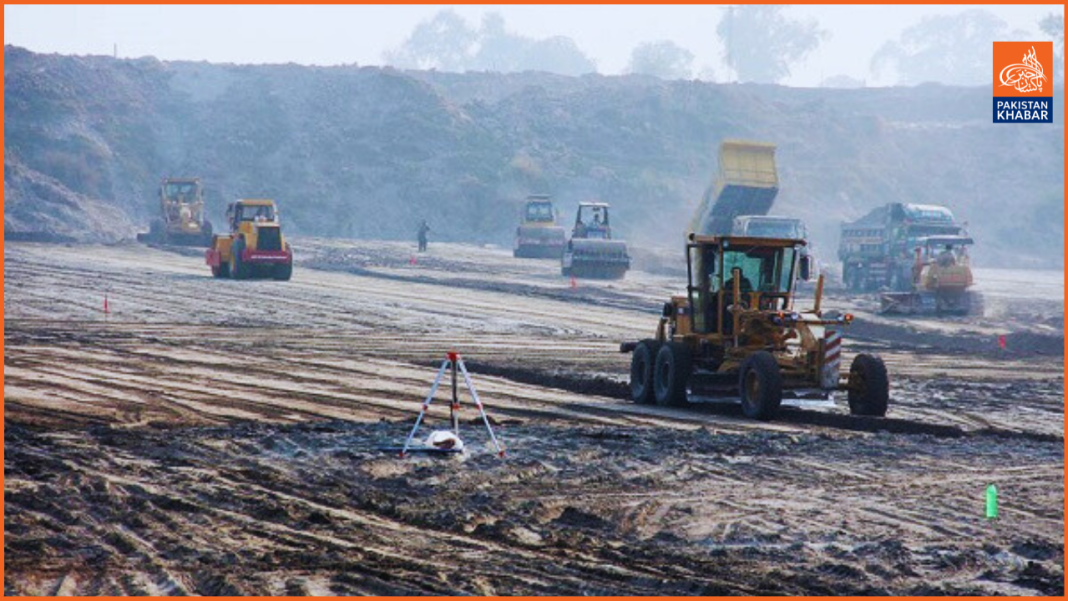The Punjab government is preparing to launch Pakistan’s inaugural carbon credit initiative at Lahore’s Mehmood Booti dumpsite, aiming to address environmental challenges and mitigate climate change impacts.
Established in 1997 near Lahore’s Ring Road, the 42.98-acre Mehmood Booti landfill has accumulated approximately 13 million tons of waste. This accumulation has led to significant environmental hazards, including groundwater contamination, air pollution, and methane emissions. Lahore frequently ranks among the world’s most polluted cities, with smog causing severe health issues for residents, particularly during winter months.
The Ravi Urban Development Authority (RUDA) is spearheading the rehabilitation of the Mehmood Booti site. The project encompasses methane capture, leachate treatment, and the transformation of the landfill into an urban forest and solar park. These efforts aim to repurpose waste into hydrogen energy and reduce carbon emissions by one million tons over 15 years, aligning with global sustainability objectives.
Carbon credit projects involve activities that reduce, remove, or prevent greenhouse gas emissions. They generate carbon credits, which can be sold to entities seeking to offset their carbon footprints. Given Pakistan’s vulnerability to climate change, such initiatives are crucial for promoting environmental sustainability and combating climate-related challenges.




